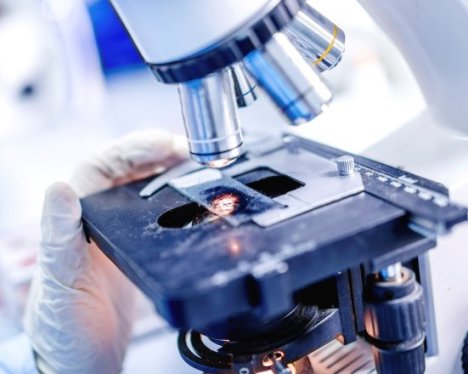Discover enzyme that could prevent the development of cancer
LDHB (lactate dehydrogenase B) stands for the enzyme that could be the answer to how to stop developing cancer, undoubtedly one of the great scientific challenges of our century. It is the important discovery by a team of researchers at the Catholic University of Louvain in Belgium, and published in the journal Cancer Cell, and that opens up exciting new avenues of research in order to achieve win the battle one of the main enemies of the health, the cancer.
The researchers, led by Professor Pierre Sonveaux have found that this enzyme plays a key role in the survival of cancer cells, which also have the capacity, saying in colloquial terms, to eat themselves (autophagy) and recycle their cellular material damaged to continue playing.
In other words, this enzyme extracts the energy that they need, so that their identification could have the key answers to prevent their proliferation. To achieve these results, the tests were carried out with exemplary of rats carrying of colon cancer or neck of the uterus.
The discovery of this enzyme, and how it works in the proliferation of cancer cells, opens the door to the development of new therapies focused on its blocking to prevent from being able to nourish of energy to the cells.
As the researchers noted, by inhibiting the enzyme LDHB those who die are the carcinogenic cells, not affecting healthy cells of the organism.
Although not the first research that focuses on how to block the development of cancer cells, it provides interesting results for further progress in therapeutic treatments. As noted by the authors of this study the most effective so far to block autophagy cell, chloroquine, may cause multiple side effects by not having a specific molecular target.
